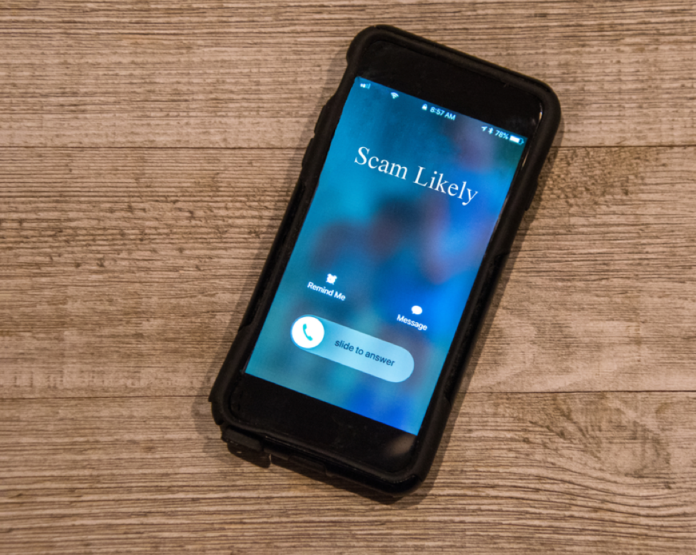No one enjoys receiving spam calls; they’re just plain annoying. It seems like every time your phone rings, you run the risk of answering a potential spammer, and the callers are usually relentless. Those spammers will call any number repeatedly if someone answers. So, what can you do to stop the madness? Well, technology now provides you with some protection options to avoid these callers.
Apps
As smartphones gain technological traction, apps continue to be developed to stop spam calls. If you have a smartphone, you can download the apps from your carrier’s designated app store. Regardless of your device, you should be able to find a compatible app. While there are many relevant apps available for download, some of the most popular include Nomorobo, Truecaller, and Hiya. Each of these apps works in slightly different ways, but what they all have in common is the ability for the user to reject spam calls. They’re definitely worth a download if you’ve found yourself suddenly swamped with spammers.
Call Screening Services
With the invention of the caller ID, phone use changed forever. Suddenly, you could see the number of incoming calls. Caller ID doesn’t always tell you who’s calling, so call screening can help you pinpoint calls that are irrelevant, such as recorded spam. Some spammers may have their numbers blocked, so your phone’s caller ID says something like, “Unknown Caller,” or, “Blocked.” You may find this frustrating, but it’s still useful as you can just reject an unknown number calling your phone. Additionally, caller ID usually shows the general area associated with the area code. You never have to answer a call from a number or location you don’t recognize. If you receive an incoming call that looks suspicious, you’ll be armed with the caller ID in addition to your ability to screen those calls.
Use Your Carrier’s Blocking Services
Nowadays, you can directly block unwanted numbers right from your phone. On iPhone, if a suspicious number of calls, you have the option to block the number from calling again directly from the call log. Samsung has a similar feature that also allows you to quickly accumulate your list of blocked callers. Alternatively, cellular carriers typically have options to block certain incoming calls. Verizon, for example, provides a call-blocking service for new members. (You always have the option to pay for the service for a couple of dollars a month, too.) AT&T, Sprint, and T-Mobile also offer similar programs to avoid unwanted calls. Whatever you choose to do, know that you never have to accept calls from potential spammers.
It’s hard to know when you’re receiving a legitimate call or a spam call, but luckily, technology helps to narrow down the confusion. By using specialty apps, you can easily block out spammy callers. Similarly, your cell phone carriers typically offer some sort of service for call-blocking. Stay vigilant and always screen your calls to ensure you’re staying safe.
Read more: Apple and Google remove ‘Find &Call’ app from their online stores

















